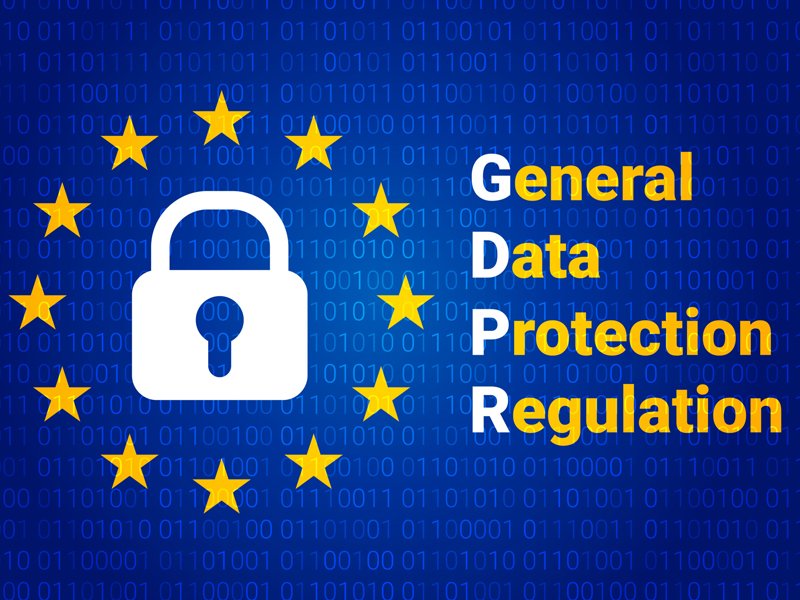GDPR
General Data Protection Regulation

Approach to GDPR Compliance
1
Assessment and Gap Analysis
Conduct a comprehensive review of current data practices to identify gaps in compliance with GDPR requirements.
2
Policy and Procedure Development
Develop and implement robust data protection policies and procedures aligned with GDPR principles.
3
Implementation and Training
Implement technical measures and provide training to ensure effective data protection practices across the organization.
4
Ongoing Monitoring and Maintenance
Establish processes for continuous monitoring and improvement of GDPR compliance measures.
SecureKnots Methodology
Understanding GDPR Requirements
- Conducting a thorough analysis of the California Consumer Privacy Act (CCPA) requirements applicable to your organization.
- Identifying areas of non-compliance and assessing the impact on your business operations.
- Providing tailored guidance on GDPR regulations, including data protection principles, data subject rights, and lawful processing requirements.
Achieving GDPR Certification of Compliance
- Supporting to Develop and implementing GDPR compliance frameworks customized to your organization's needs.
- Assisting in the development of data protection policies, procedures, and documentation.
- Providing training and awareness programs to ensure staff understanding and adherence to GDPR principles.
- Conducting readiness assessments and mock audits to prepare for GDPR certification audits.
Maintaining GDPR Compliance as a Consultant Partner
- Offering ongoing support and guidance to address any changes in GDPR regulations or organizational needs.
- Conducting regular compliance audits and assessments to ensure continued adherence to GDPR requirements.
- Assisting in the management of data breaches and incidents, including reporting obligations and mitigation strategies.
- Providing updates on emerging GDPR trends and best practices to keep your organization ahead of compliance challenges.
"Is Your Organization Operating Outside the EU? Understanding GDPR Compliance Requirements"
Territorial Scope
GDPR encompasses organizations established outside the EU if they offer goods or services to EU individuals or monitor their behavior. This means that even non-EU-based entities must comply with GDPR if they interact with or collect data from EU residents.
Data Subject Rights
GDPR grants specific rights to individuals regarding their personal data, obligating organizations outside the EU to uphold these rights for EU residents whose data they handle.
Data Transfers
GDPR imposes constraints on transferring personal data outside the EU, necessitating compliance with its stipulations for international data transfers
Data Protection Principles
Organizations outside the EU must adhere to GDPR’s data protection principles when processing EU residents’ personal data.
Data Protection Officer (DPO)
Some non-EU organizations may need to appoint a Data Protection Officer (DPO) if their processing activities are substantial or involve sensitive data.
The General Data Protection Regulation (GDPR) extends its reach beyond the European Union (EU), applying to organizations worldwide that process personal data of EU residents. Here’s a breakdown of how GDPR impacts organizations operating outside the EU:
